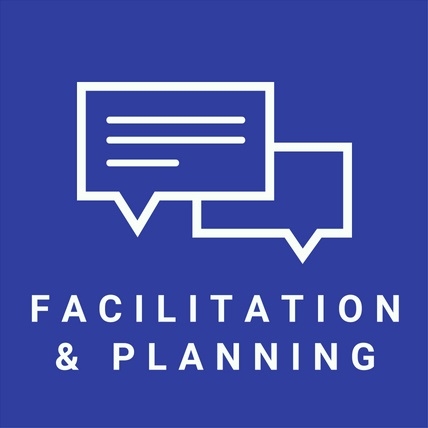Projects
CCBR typically has 15-20 ongoing projects and has completed over 500 projects since 1982. Each project is guided by our commitment to impacting social change in practical and powerful ways. We conduct research with people not on people, cultivating respect with communities at every step of the process.
Projects can be searched for using words from the project title or using the service area, theme, or date range for the project. You can also type 'Service Area' or 'Theme' into the search bar to get a list of options in each of these fields.
Projects
Woolwich Community Health Centre (WCHC) contracted CCBR to collaboratively design and conduct an evaluation of their immunization program with Low German Mennonites in rural Woolwich and Wellesley Townships. The purpose of this summative evaluation was to assess the barriers and facilitators to vaccination uptake among immunized program participants and provide recommendations for future immunization programs and outreach.
CCBR supported academics from the University of Waterloo with research design, implementation, analysis, and reporting as a consultant, coach, and team member. The pilot project, led by Conrad Grebel University College, paired dialogue with community-based research to design, conduct, and evaluate multiple forms of dialogue on the University of Waterloo campus, in the context of rising polarization, anger, and ideologies motivated by fear.
The Centre for Community Based Research worked closely with the CHAMPP4KIDS Study team on phase 1 of a Public Health Agency of Canada funded study aimed to create and implement relevant and accessible evidence-based parenting resources for diverse groups of caregivers. CCBR provided consultation throughout and designedand facilitating a co-design event with community members to meet project goals.
CCBR partnered with the Toronto Newcomer Office (TNO) to create and implement an evaluation framework for the Toronto Newcomer Strategy (2022-2026). The project involved creating a theory of change, developing data collection tools, and conducting a mini-implementation to test these tools. Guided by a diverse Steering Committee, the project culminated in a community forum to share preliminary findings and discuss next steps with stakeholders.
CCBR partnered with Family and Children Services of Waterloo Region (FACS) to conduct a community-led needs and resources assessment. The purpose was to identify needs and enhance support services by engaging an equity-deserving cross-section of community members. The project enlisted over 20 Community Partners for a Steering Committee, and these partner organizations selected Community Researchers from their staff who are members of the communities they serve and fluent in their preferred languages.
CCBR collaborated with United Way Greater Toronto (UWGT) to explore and understand the experiences of African refugee asylum seekers in Peel, York and Toronto, to identify promising practices as well as existing gaps within support systems, and to inform efforts for meaningful improvement.
This capacity-building project was tailored to early childhood and prenatal programs in the Ontario Network of CAPC/CPNP projects. CCBR built an interactive website toolkit with custom training material and piloted them at workshops with Ontario CAPC/CPNP in order to further refine the toolkit.
CCBR in partnership with MACC led a 2.5-year project to explore ways to overcome the barriers for Muslim women (e.g., language, status, Islamophobia, health limitations, disabilities) in Halton region in (a) disclosing gender-based violence and (b) seeking support from formal services and informal networks (e.g., family, friends, and community leaders).
CCBR engaged with federation members and folks with lived experience in rural and northern communities across Canada to identify gaps in the provision of mental health and substance use health services. The work was guided by a Steering Committee composed or people living and working in rural areas and the north. Findings were intended to support the creation of a rural and remote mental health strategy led by CMHA.
The Centre for Community Based Research (CCBR) collaborated with the Hamilton Immigration Partnership Council (HIPC) to develop the 2025-2028 Community Plan. Through four phases—community planning, plan development, evaluation framework creation, and community plan lunch and pledge event —the project aimed to make Hamilton a welcoming community where newcomers have a positive settlement experience and feel a sense of belonging.
CCBR worked with the Senior Leadership of Food Banks Canada (FBC) to develop a Theory of Change guided by stakeholders across Canada. This Theory of Change sets the stage for FBC to plan and evaluate its activities in collaboration with the network of provincial associations with which Food Banks collaborates, and over 4,750 affiliate food banks.
CCBR collaborated with the Halton Suicide Prevention Council (HSPC) to gain a better understanding of suicide prevention needs in Halton. The HSPC project Working Group was composed of community agencies and volunteers knowledgeable in the field. They have embraced a community-based approach to determining their organizational priorities, to address suicide awareness, prevention, intervention, and postvention.












